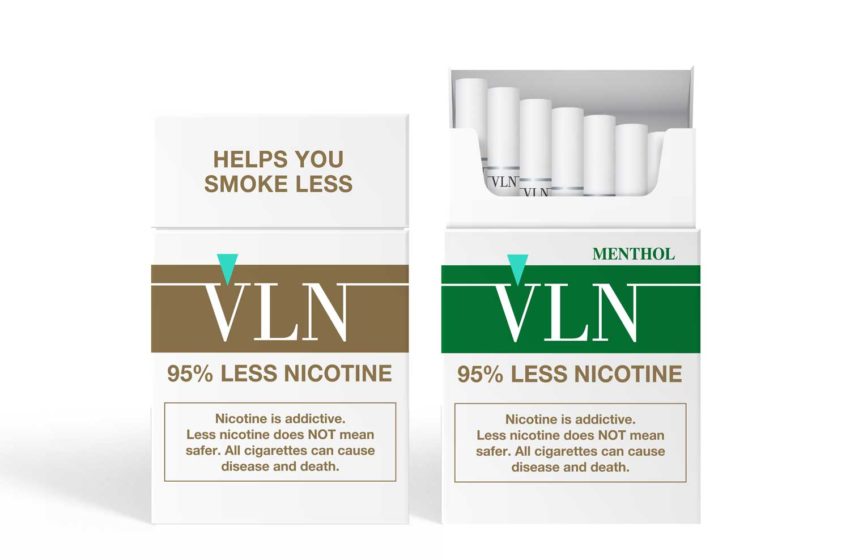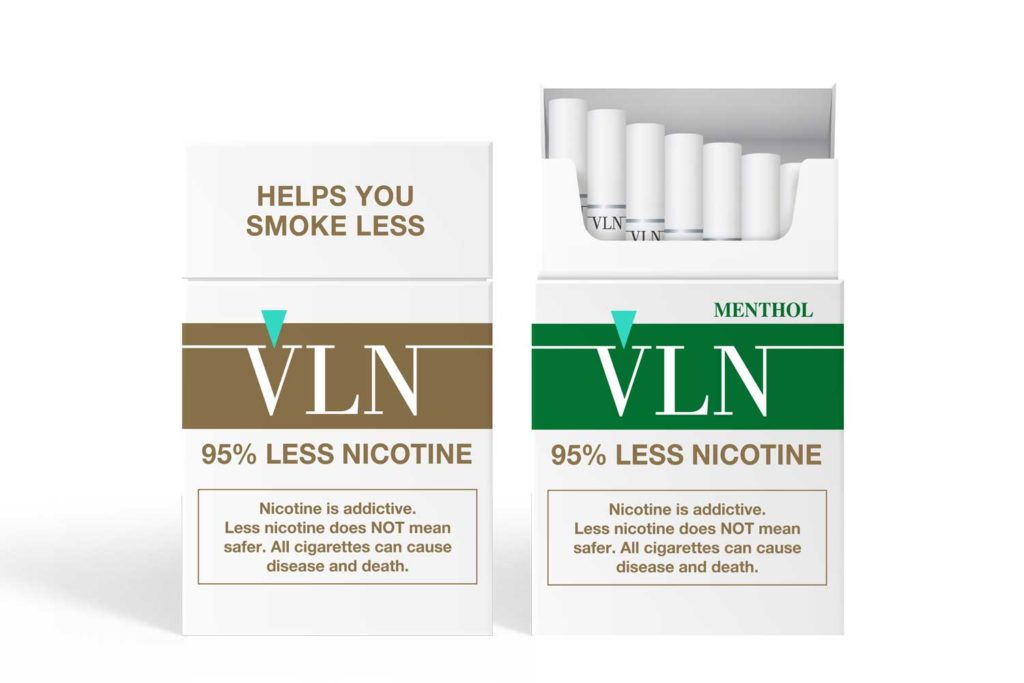
A new study has found that smokers who get help picking flavored e-cigarettes and receive supportive text messages are more likely to quit smoking, reports The Guardian.
The study was led by London South Bank University (LSBU), and it explored in what settings vapes could help smokers quit. After three months, about 25 percent had quit and a further 13 percent reduced cigarette consumption by more than half.
Those who received help choosing a vape flavor and got supportive texts were 55 percent more likely to quit smoking in three months.
“Smoking kills approximately 8 million people worldwide every year, and even some of the often most effective treatments have little effect on reducing the number of smokers,” said Lynne Dawkins, professor of nicotine and tobacco studies at LSBU. “From this treatment, 24.5 percent were smoke-free after three months and a further 13 percent had reduced their cigarette consumption by more than 50 percent.
“The simplicity of tailored support through flavor advice and supportive messages could have a huge impact in helping people lead smoke-free lives.”
The research examined: tailored advice on which product, nicotine strength or flavor to buy; brief information on vaping harms relative to smoking; and text message support. Some people received all of these, others received none and some received some but not all.















